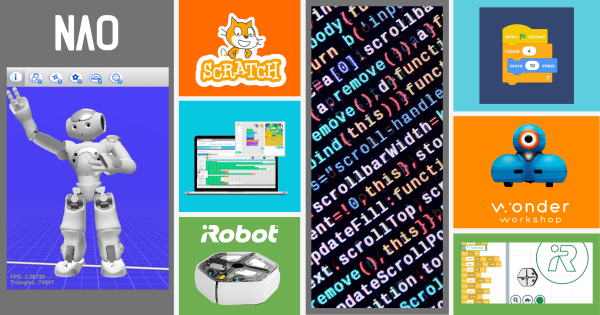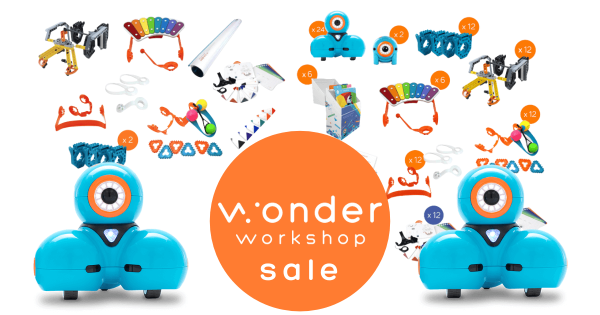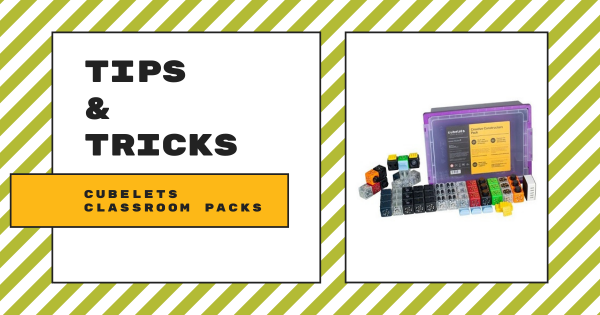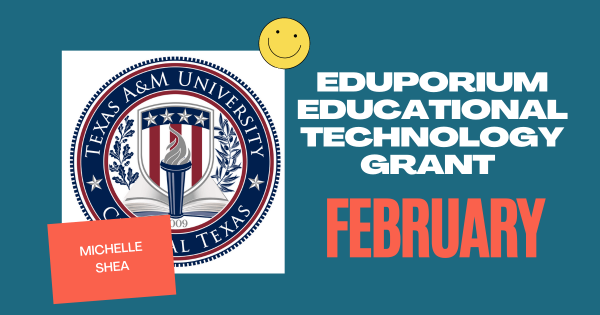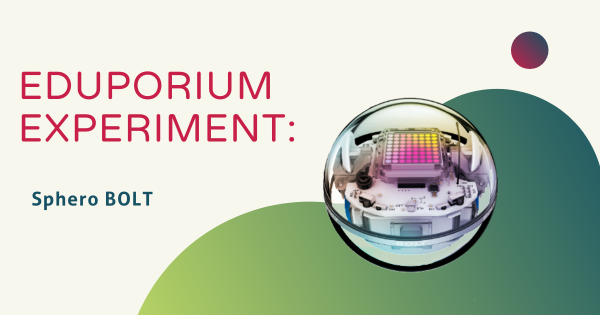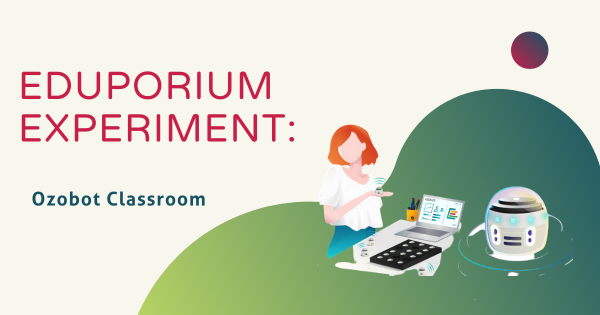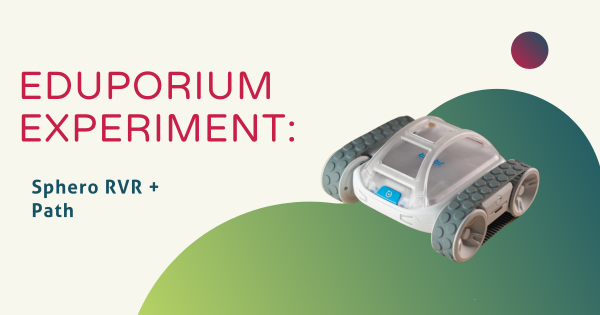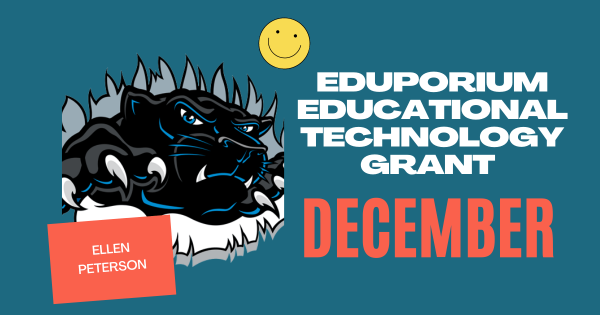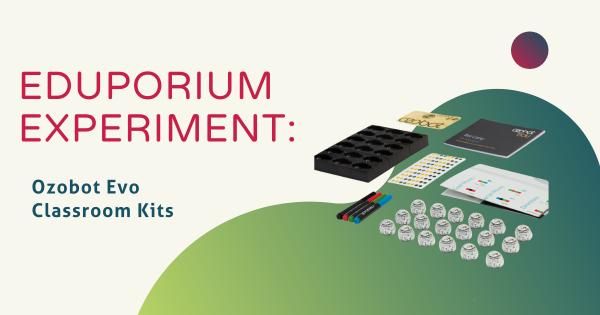Coding
Coding is, of course, a hugely important area of 21st century education. Whether they're as young as Pre-K or ready to enter college, coding is extremely relevant to almost every student's future. Thankfully, millions of educators and administrators realize the importance of teaching kids to code. Whether it's a curricular requirement or part of an informal school club, programming experiences are amazingly valuable for students. There's also plenty of options, so educators can find something without complicated or pricey features. In this section, you'll see a lot of different topics related to K-12 coding. These include features on particular STEM tools, insights on coding integration, skills students can develop and more. There's also something for teachers of all grade levels. Whether you teach the early grades or have students with the foundation to take the next step, you'll find helpful resources for teaching coding in the classroom.
Coding is truly an experience that all K-12 students can have. Starting in the early grades, students can code screen-free with a tool like the Cubetto Robot. Then, they can start to increase their coding skills and explore Blockly environments using tools like the Dash Robot, Ozobot Evo, and many others. From there, students can explore a bunch of different languages, like Snap!, Scratch, MakeCode, and more and, eventually, expand their skill sets by exploring text-based languages, like JavaScript and Python. All the while, the STEM solutions we advocate for also allow students to learn the most important coding concepts, like loops, variables, inputs, conditionals, and syntax. With a natural progression that leads to increased computer science competencies and enhanced future readiness, it's tough to understate the relevance of coding experiences in the classroom.
-
Eduporium Weekly | Continuing Coding Education At Home
With everybody scrambling to find some sort of solution to get as much as they can from this experience and also reminding each other that distance learning does not have to be perfect, some things that students do in their classrooms are going to be fully eliminated or scaled back when it comes to remote learning. And, one of those -
Enhancing CS Instruction: Learn About Our Latest Grant Awardee
For this past month, we are happy to present this award to Ed Mondragon, who runs the CTE department with the Granite School District in Salt Lake City, Utah! Like so many educators, Ed is now searching for ways to make remote learning as meaningful as possible for each of his students and for all the committed teachers he works -
Wonder Workshop Kits On Sale: Save Up To 20% On Robots
For a limited time, we’re excited to be able to offer some of the best Wonder Workshop robotics kits at discounted prices for educators. Among the featured items include classroom kits for teaching with both the Dash and Cue with savings as high as 20 percent! Overall, 10 of the Wonder Workshop kits are being discounted, but only for a -
Tips & Tricks | Cubelets Classroom Packs
Modular Robotics’ Cubelets are a classroom and makerspace favorite thanks to their low entry point and high ceiling. Students are initially attracted to the block shape as well as the easy time they have with connecting the blocks together and remain engaged thanks to the progression of programming options Cubelets provides. -
Eduporium Experiment | BOLT Robot Pt. 2
When paired with the BOLT, writing code in the Sphero Edu app proved easy thanks to the step-by-step tutorials and detailed videos of the process. The coding levels offer a progressive experience, allowing students with varying programming experience to experiment, get creative, and learn new STEM skills with BOLT! -
Eduporium Experiment | Ozobot Classroom
Our friends from the Ozobot team released their highly anticipated Ozobot Classroom learning management system in the last month, providing some new and helpful options for teaching coding with the Ozobot Evo. With this free, web-based platform, any educators with two or more Evo Robots can gain real-time insights that are as exciting to discover as they are valuable. -
Eduporium Experiment | Sphero RVR and Path Programming
The RVR is the first Sphero robot that can drive over practically any surface and be programmed and customized to inspire creativity in students. It’s outfitted with an expansion port and on-board power supply that allows students to build onto their robot with littleBits or other third-party hardware, like the micro:bit or Raspberry Pi. -
Our Final Grant of 2019: Read About December's Recipient
We have awarded our final $500 EdTech grant of the year (and of the decade!), closing out 2019 with over $5,000 worth of technology contributions to schools and teachers around the country! For the month of December, we’ve awarded our grant to Ellen Peterson, a STEM and technology teacher at the Smithfield Middle School in Smithfield, VA.




